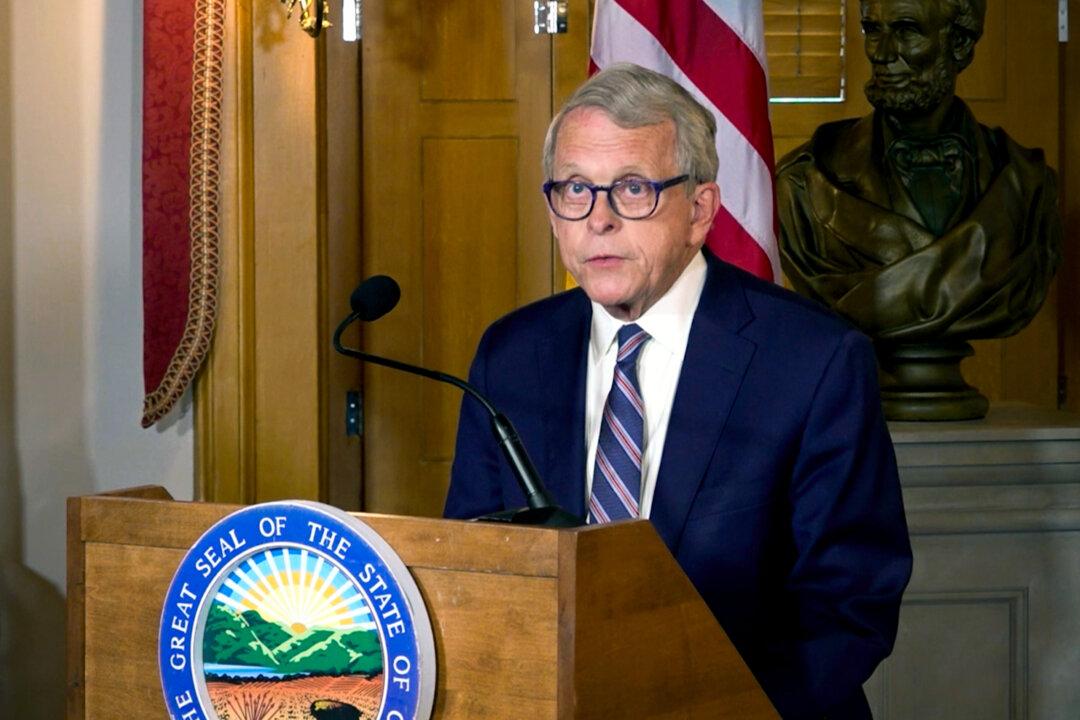Ohio Gov. Mike DeWine summoned lawmakers back to Columbus for a rare special session on May 28 to get President Joe Biden on the November ballot and prohibit campaign spending by foreign citizens on ballot issues.
“Ohio is running out of time to get Joe Biden, the sitting president of the United States, on the ballot this fall. Failing to do so is simply not acceptable. This is a ridiculous—this is an absurd—situation,” Mr. DeWine, a Republican, said during a May 23 press conference.





